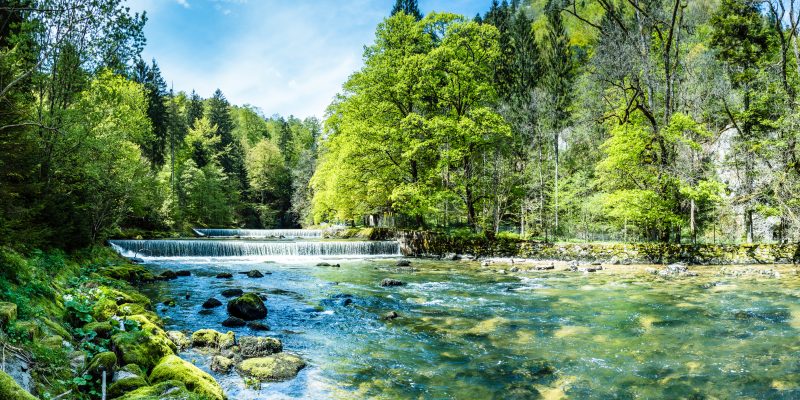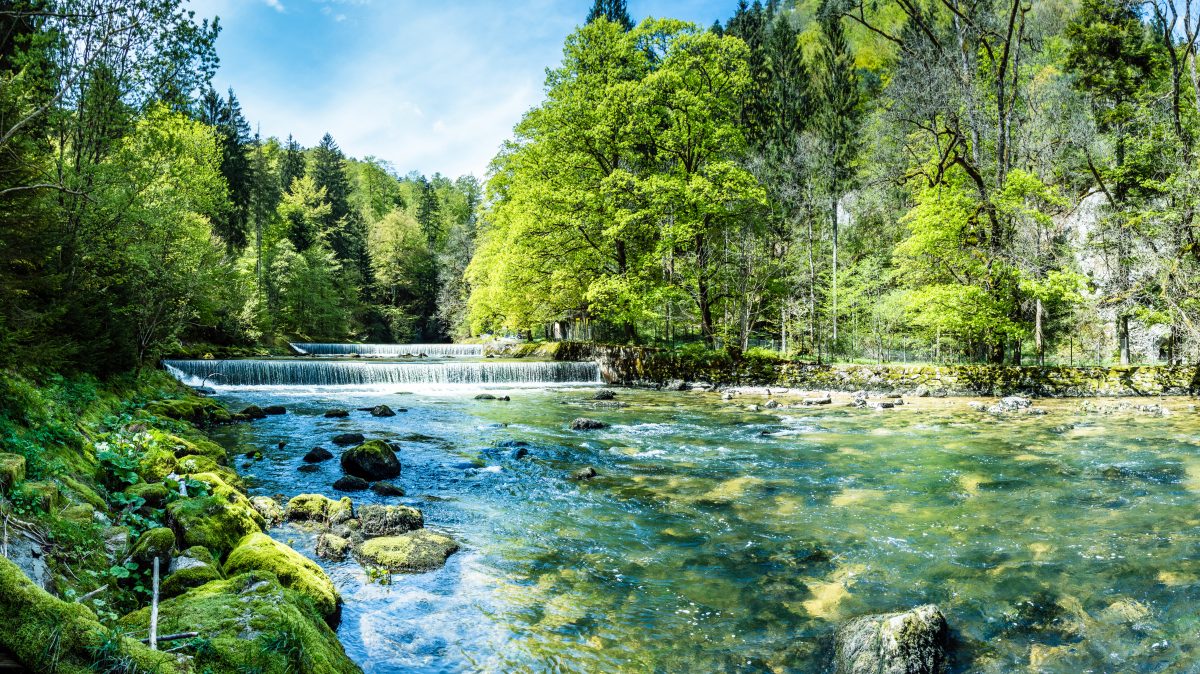By Jenna Mohammed
Earth Day is April 22, and this year marks its 50th anniversary. Climate action – the 2020 theme – represents the biggest challenge ever to the future of humanity and the life-support systems that make our world habitable. Such a daunting issue has many asking, what can I do? Thankfully, there are many organizations across the Halton region already dedicated to making our earth a cleaner, healthier place. We spoke to a handful of these remarkable groups to find out what they’re doing and to offer tips on how each of us can help combat climate change on Earth Day, and beyond.
BurlingtonGreen
Serving the local community for more than 12 years, BurlingtonGreen is a non-profit organization. It is dedicated to protecting the environment, mitigating climate change, and creating a healthier, more environmentally responsible city through collaboration with the community. The team at BurlingtonGreen raises awareness, action and advocacy to help people of all ages from various sectors get involved to support their mission.
It leads an annual city-wide community cleanup every April that attracts more than 15,000 participants each year. Together, they clean up litter from local parks, creeks, workplaces, schools, and neighbourhoods. In addition, there are a variety of rewarding volunteer opportunities and programs year-round. The non-profit group encourages the community to participate in planting fruits and vegetables at the Central Park Community Garden in Burlington. Burlingtongreen.org
“Reducing car travel, implementing energy conservation at home and the workplace, and reducing the consumption of red meat are a few of the ways residents can take action to address climate change.”
— BurlingtonGreen executive director, Amy Schnurr
Halton Environmental Network
Established in 2004 and operating in Oakville, Burlington, Milton, and Halton Hills, the Halton Environmental Network (HEN) supports and enhances the capacity for local climate action across communities. HEN brings together relevant groups, including community members, conservation authorities, non-profits, educational and governmental sectors, and faith-based organizations, to drive change. Supported by the Ontario Trillium Foundation, HEN provides workshops, outreach programs, and waste diversion and mitigation initiatives to groups at no charge.
One of its many ongoing programs, Halton Climate Collective, is made up of several local organizations that are focused on transforming Halton into a low-carbon, climate-resilient community. Haltonenvironet.ca
Ecosource
Dedicated to creating a green and sustainable community, Ecosource began its work in Mississauga in 1979. Since then, the organization has grown to become an innovative Ontario-based group that reaches neighbourhoods across the region of Peel. Its mission is to inspire the community to be accountable for the environment through creative education. The team at Ecosource hosts events and workshops in collaboration with schools and the local community.
Garden and waste reduction workshops are popular for all age groups throughout the region of Peel. These workshops aim to promote youth leadership, urban agriculture, sustainability education, and nature connection through interactive, hands-on learning. Participants of Ecosource events and workshops can gain the knowledge they need to keep up habits for the rest of their lives. Workshops and programs include building a garden, understanding food literacy, and the effects of food waste on the environment. Ecosource.ca
Halton Food Council
The Halton Food Council encourages and facilitates a conversation among food-related services, agencies, consumers, businesses and the government to raise awareness around how the food system operates and to develop policies to make the Halton food system as sustainable as possible. From growing food to distribution, and what happens to all the waste, is part of its education strategy.
The council runs workshops such as Oakville Seedy Sunday where gardeners can learn about sustainable local practices, as well as network with heritage seed producers and vendors. Other classes include learning how to plan your garden, gardening with children, and ways to preserve your crops. The council also maintains the 10 local gardens across the region. Haltonfoodcouncil.ca
“Learning how to build your own backyard or balcony garden is a good way to start…Oakville, Burlington, and Mississauga have a seed library and you can check out seeds for free. At the end of the growing season, saving and returning seeds to the library helps to increase the biodiversity in the local genetic adaptation that helps promote a healthy food system.”
— Community garden program manager,
Andrea Rowe
Bruce Trail Conservancy
Rated Canada’s top environmental charity for 2020 by Maclean’s Magazine, Bruce Trail Conservancy (BTC) is devoted to establishing and preserving the biodiversity conservation corridor along the Niagara Escarpment. Operating for more than 50 years, the BTC works as both a land trust and trail association. While it acts to preserve the escarpment, it also gives the public a place to enjoy nature through hikes, public education, events, and clubs. Michael McDonald, chief executive officer for the BTC explains, “People are waking up to the fact that globally we are losing biodiversity on a massive scale. Protecting this significant natural corridor, stretching 900 km from Niagara to Tobermory, is vital for wildlife movement in some of the most developed areas of the province.”
There are many ways the community can get involved in the protection and establishment of Bruce Trail. Joining a local Bruce Trail club is a great way to participate and reconnect with nature. Also, its citizen science initiative allows people of all skills to record and observe what they encounter on their hike for future research purposes. Brucetrail.org

